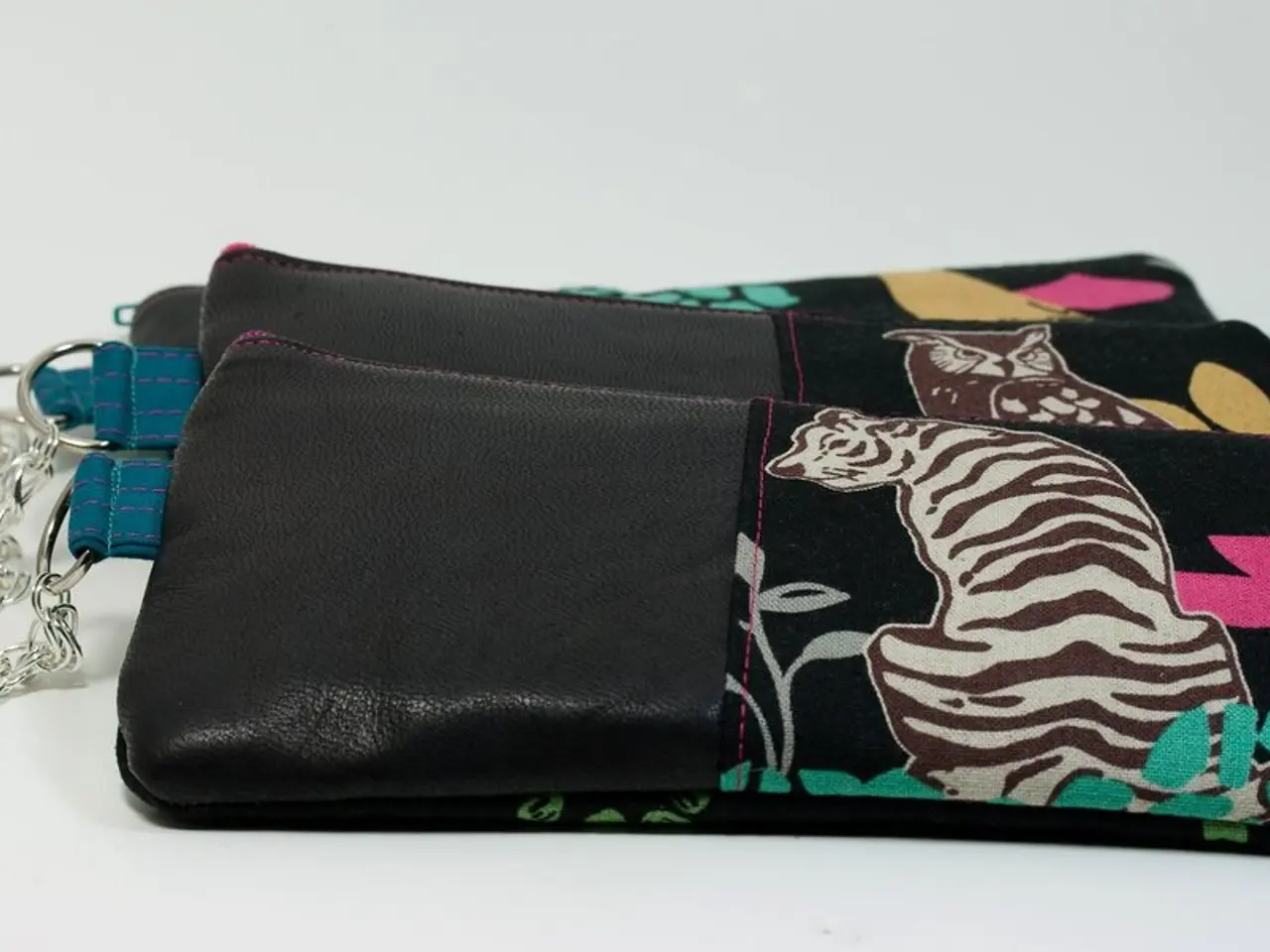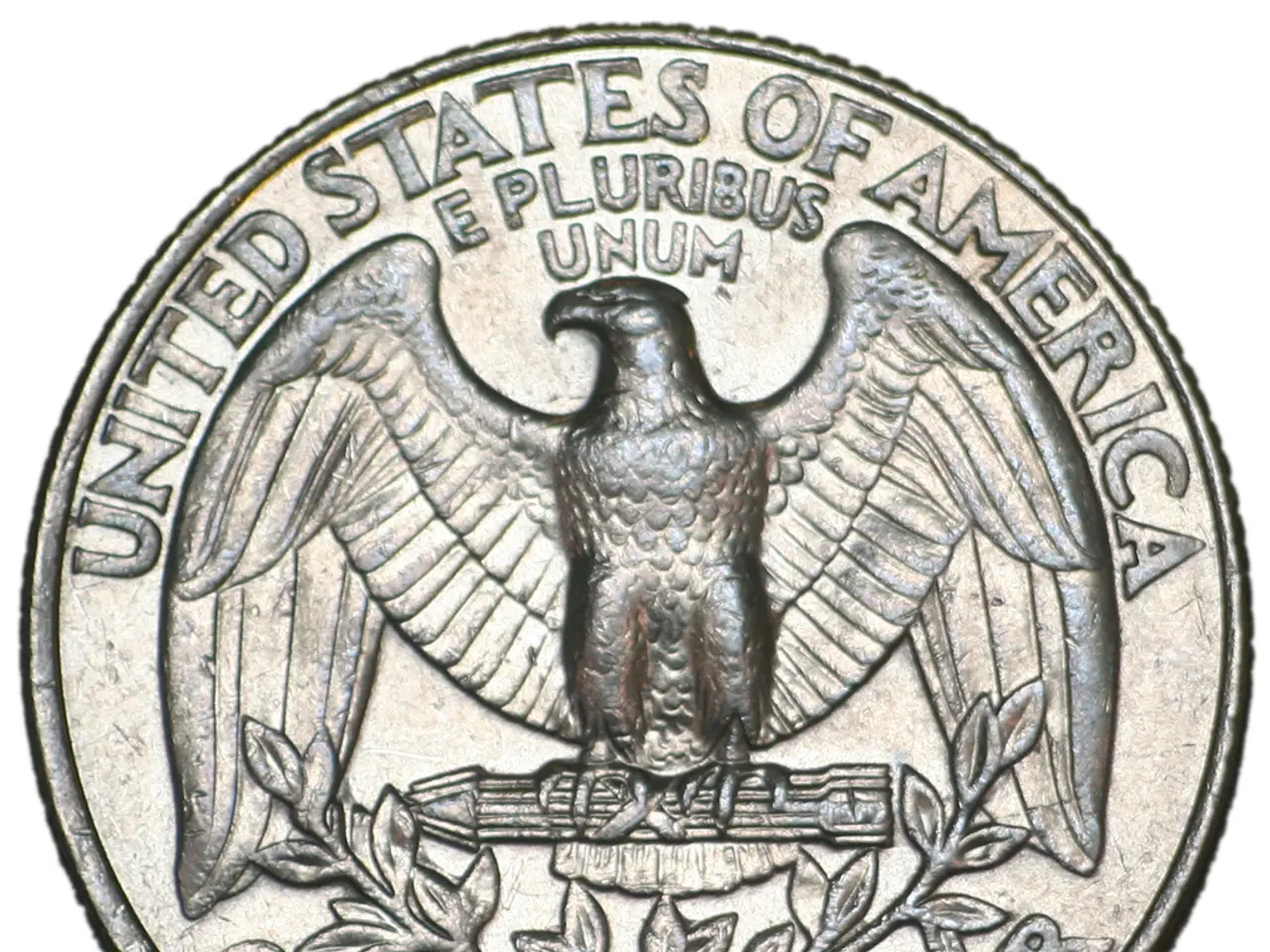Regulator of American Mortgages Contemplates Cryptocurrencies: Is it Possible for Bitcoin to Influence Home Loan Eligibility?
The United States Federal Housing Finance Agency (FHFA) has announced a groundbreaking study to evaluate the impact of cryptocurrency holdings on mortgage eligibility, potentially reshaping the way Americans finance their homes. This decision could have significant implications for Bitcoin, Solana, and the broader decentralized finance (DeFi) ecosystem.
### Potential Impacts
**1. Mainstream Acceptance of Cryptocurrencies**
By recognising cryptocurrency as a reserve asset for mortgage entities like Fannie Mae and Freddie Mac, the FHFA is taking a significant step towards legitimising crypto in traditional finance. This move would allow borrowers to use their crypto holdings directly for mortgage applications, removing a key barrier for crypto holders seeking loans.
**2. Enhanced Mortgage Access for Crypto Holders**
Allowing crypto assets to count towards mortgage eligibility could open homeownership opportunities for a new demographic of buyers who have accumulated wealth in digital assets. This is particularly relevant as mortgage originations have dropped, and conventional lending standards have tightened, leaving many prospective borrowers sidelined.
**3. Institutional Adoption and Risk Management Frameworks**
Lenders will need to develop new risk models to account for the volatility of cryptocurrencies, requiring verification of assets held on U.S.-regulated exchanges and formal proposals outlining how to value and manage crypto assets in mortgage underwriting. If approved, this process could pave the way for broader institutional acceptance of crypto assets beyond mortgages into other lending and financial products.
**4. Positive Spillover Effects for DeFi**
The shift could bolster the DeFi ecosystem by increasing confidence in digital assets as reliable collateral. As mainstream financial regulators and institutions begin integrating crypto assets into lending criteria, decentralised platforms offering crypto-backed loans and mortgages could see increased participation and innovation.
**5. Specific Boost for Bitcoin and Solana**
While Bitcoin is the primary focus due to its market dominance, cryptocurrencies like Solana could also benefit as part of the recognised asset pool, provided they meet regulatory standards for verification and custody. This policy could incentivise holding and investing in these digital assets, knowing they can serve as collateral in significant financial transactions.
### Summary
The FHFA’s study and potential acceptance of cryptocurrency holdings for mortgage qualifications mark a significant modernisation of U.S. housing finance, narrowing the gap between traditional finance and the crypto world. By legitimising Bitcoin, Solana, and other digital assets as mortgage assets, this policy could accelerate crypto adoption, enhance borrower access to credit, and positively influence the growth of the broader DeFi space.
Notably, the study could encourage clearer guidelines around crypto asset verification, proof of reserves, and integrations with centralised exchanges like Coinbase or Binance. Additionally, Bill Pulte, Director of the FHFA, has a disclosure of between $500,001-$1,000,000 in Bitcoin and the same amount in Solana, highlighting his personal interest in the digital asset sector. The FHFA's exploration could also make it easier for lenders to audit cryptos held on big custodial exchanges rather than those kept by the owner themselves.
This development signifies a promising future for the integration of cryptocurrencies into traditional financial systems, potentially revolutionising the way we finance homes and opening new opportunities for crypto holders.
- The FHFA's recognition of cryptocurrency as a reserve asset for mortgage entities may lead to the legitimization of crypto in traditional finance, allowing borrowers to use their crypto holdings for mortgage applications.
- By permitting crypto assets to count towards mortgage eligibility, the FHFA could expand homeownership opportunities for a new demographic of crypto holders who have accumulated wealth in digital assets.
- Lenders may need to create new risk models to account for the volatility of cryptocurrencies, requiring the verification of assets held on U.S.-regulated exchanges and proposals outlining how to value and manage crypto assets in mortgage underwriting.
- The shift could increase confidence in digital assets as reliable collateral, potentially boosting the DeFi ecosystem and increasing participation in decentralized platforms offering crypto-backed loans and mortgages.
- Bitcoin and other cryptocurrencies with regulatory compliance could see increased holding and investing, knowing they can serve as collateral in significant financial transactions.
- The study could encourage clearer guidelines around crypto asset verification, proof of reserves, and integrations with centralized exchanges like Coinbase or Binance, making it easier for lenders to audit cryptos held on custodial exchanges.




